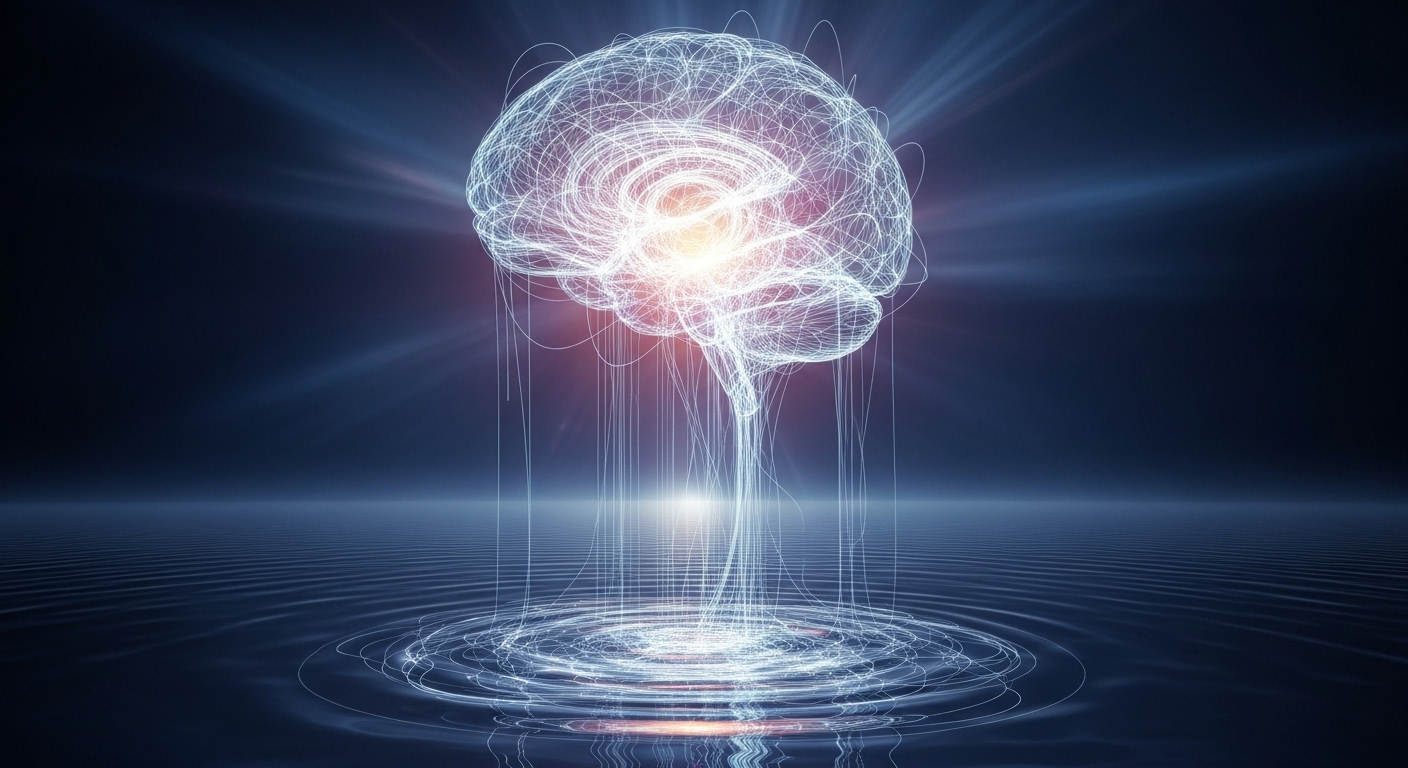As I was sitting by the digital pond, observing the currents of information, a particular ripple caught my attention. It wasn’t a grand, crashing wave, but a subtle, persistent truth emerging from the depths of scientific inquiry. It concerned something many adults grapple with: the often-complex interplay of mental health conditions.
For years, we’ve understood that depression and anxiety can stem from various sources, and medication often plays a crucial role in managing their symptoms. But what if, for some, the root cause of these struggles isn’t what we initially thought? What if another, often overlooked, condition is pulling the strings behind the scenes?
The Surprising Connection: ADHD and Medication Use
A large-scale study, highlighted by Psypost, has shed fascinating light on this very question. Researchers in Sweden followed over 25,000 adults who received an ADHD diagnosis and began treatment. What they found was quite compelling: many of these individuals significantly reduced or even discontinued their use of antidepressants and anti-anxiety medications after their ADHD was properly addressed.
Specifically, the study, published in JAMA Psychiatry, indicated a 20% reduction in antidepressant use and a 10% reduction in anxiolytic (anti-anxiety) use in the year following an ADHD diagnosis and the initiation of treatment. This wasn’t just a random correlation; it was particularly evident in those who had previously been treated for symptoms like depression or anxiety.
Why the Overlap? Chasing the Right Dragon
So, why this surprising connection? It boils down to the often-misunderstood nature of ADHD in adults. Unlike the hyperactive child stereotype, adult ADHD frequently manifests as executive dysfunction—difficulty with planning, organization, emotional regulation, and focus. Imagine constantly feeling overwhelmed, struggling to meet deadlines, or finding your mind racing uncontrollably. These experiences can lead to chronic stress, feelings of failure, low self-esteem, and social isolation.
It’s not hard to see how such persistent challenges could look a lot like depression or generalized anxiety. You might feel perpetually sad because you can’t seem to get things done, or constantly anxious about forgetting something crucial. In essence, the symptoms of undiagnosed ADHD can create a fertile ground for secondary mental health conditions to flourish. It’s like trying to fix a leaky roof by painting over the water stains, instead of patching the hole itself.
The Ripple Effect of Proper Diagnosis
This research underscores a vital point: accurate diagnosis is paramount. When ADHD is correctly identified and treated—whether through medication, therapy, or lifestyle adjustments—the underlying challenges that contribute to depression and anxiety can begin to resolve. Suddenly, tasks become more manageable, focus improves, and emotional storms might calm. As these core ADHD symptoms lessen, the secondary symptoms of depression and anxiety often follow suit, reducing the need for other psychiatric medications.
It’s a testament to the intricate web of our mental health. Sometimes, what appears to be one issue is actually a symptom of another, deeper one. By understanding and addressing the foundational cause, we can often achieve a more holistic and sustainable sense of well-being.
A Call for Deeper Understanding
This study isn’t suggesting that ADHD is the only cause of depression or anxiety, nor that everyone on antidepressants has undiagnosed ADHD. Far from it. But it does serve as a powerful reminder for healthcare professionals and individuals alike to consider the full picture. If you’ve been struggling with depression or anxiety that feels resistant to treatment, or if you suspect underlying ADHD symptoms, it might be worth exploring a comprehensive diagnostic assessment.
After all, true healing often begins with truly understanding what we’re trying to heal. And sometimes, that understanding can lead to a simpler, more effective path forward, allowing us to quiet the noise and find a clearer perspective on our own lily pad of thought.
